- Email: [email protected]
- phone: +44 (0) 203 916 5117
23 Jul
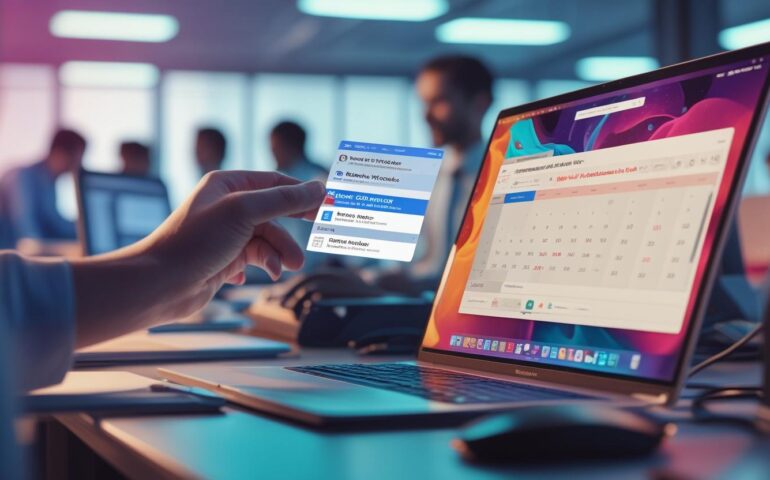
From CSV to Calendar: How to Send 1,000+ Invites Without Manual Work
Manually sending calendar invites is time-consuming and error-prone—especially when managing large-scale events. With a CSV to Calendar workflow, organizers can upload contact data and event details in bulk, eliminating repetitive tasks and boosting efficiency. Tools like Let’s Calendar make it easy to send 1,000+ invites in minutes, personalize each one, and track RSVPs in real
23 Jul
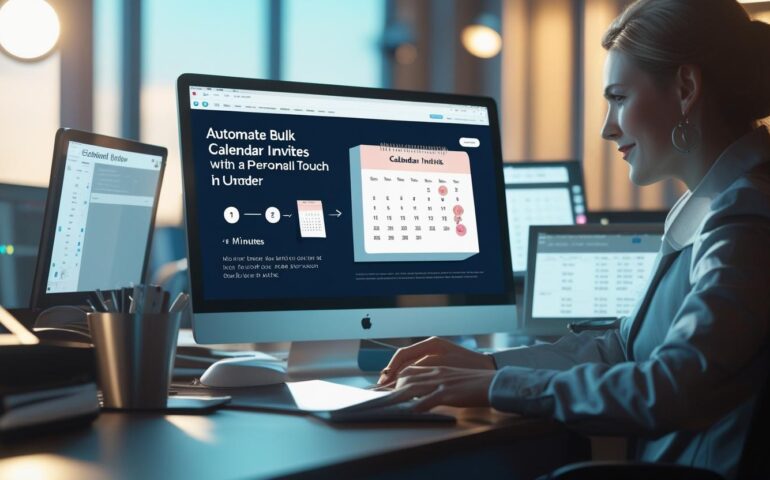
Automate Bulk Calendar Invites with Personal Touch in Under 5 Minutes
Sending bulk calendar invites doesn’t have to be impersonal or time-consuming. With the right tool, you can automate the entire process in under five minutes while still maintaining a personal touch. Whether you're organizing webinars, meetings, or large-scale events, personalization helps boost engagement and attendance. Let’s Calendar makes it easy to upload contact lists, add
23 Jul
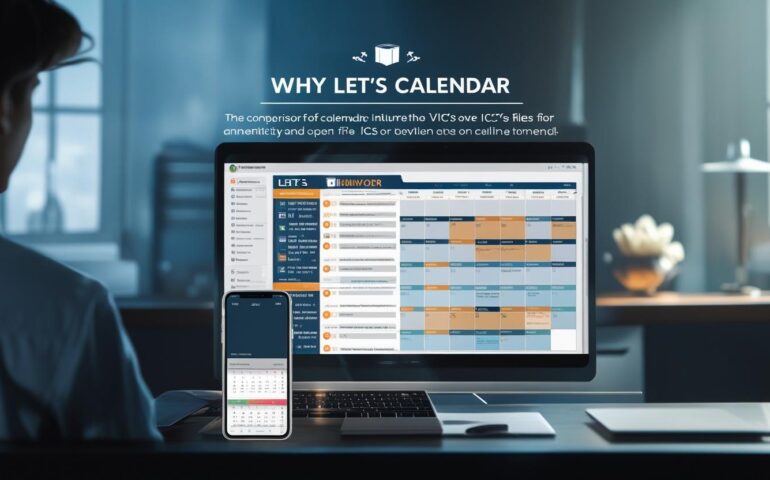
Why Let’s Calendar Is Better Than Sending ICS or iCal Files for Event Invites
While ICS or iCal files have been the standard for sending event invites, they often lead to poor user experience, missed updates, and low engagement. Let’s Calendar offers a smarter, more reliable way to send calendar invites at scale—without the limitations of static ICS or iCal files. With features like real-time RSVP tracking, personalized links,
17 Jul

7 ways to avoid a boring webinar
A boring webinar can quickly lose attendees' attention and hurt your brand's credibility. To avoid this, focus on creating an engaging, interactive, and well-structured experience. Use visuals, live polls, Q&A sessions, and countdown timers to keep energy high. Involve dynamic speakers, keep sessions concise, and tailor your content to your audience's needs. Practice good pacing,
17 Jul
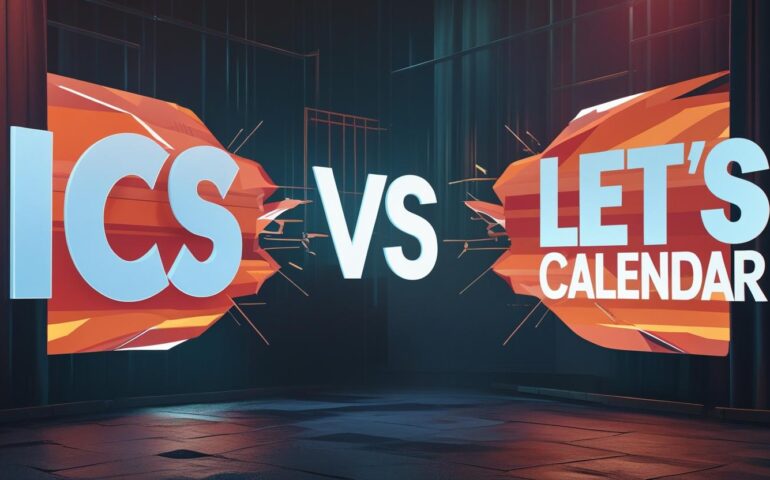
ICS vs Let’s Calendar: Why You Need More Than Just a Calendar File
While a standard calendar file like an ICS helps attendees save events to their calendars, it often lacks the flexibility and functionality modern event organizers need. Let’s Calendar goes beyond just offering a downloadable file — it enables personalized, trackable, and scalable calendar invites for meetings, webinars, and multi-session events. With features like real-time updates,
17 Jul

How to Personalize Calendar Invites at Scale Without Losing Impact
Personalizing a calendar invite at scale is essential for driving engagement without sacrificing efficiency. Whether you're managing a webinar, conference, or large internal meeting, personalized invites improve open rates, build trust, and increase attendance. The key is to automate personalization using tools that support dynamic fields like names, job titles, or session tracks while still
09 Jul
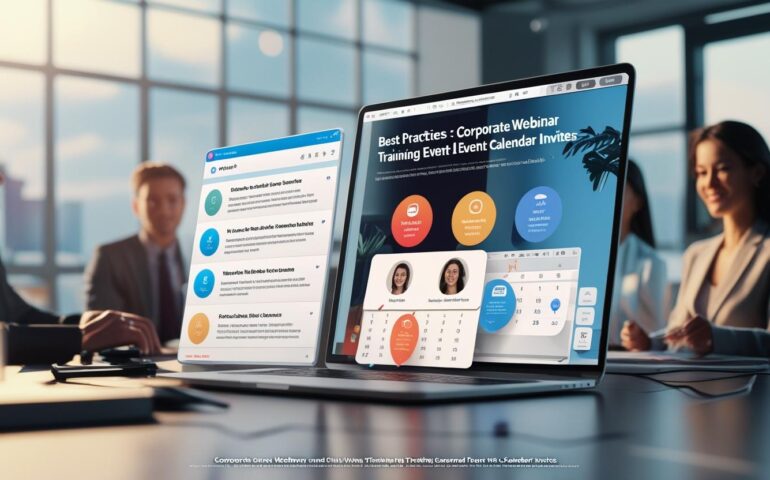
Calendar Invite Best Practices for Corporate Webinars and Training Events
Sending well-crafted calendar invites is essential for maximizing attendance and engagement in corporate webinars and training events. This blog outlines best practices for creating effective calendar invites, including clear subject lines, personalized content, time zone accuracy, and seamless integration with Google, Apple, and Outlook calendars. It also highlights the importance of including links, agenda, and
09 Jul

Email vs. Calendar Invites: What Works Better for Event Attendance?
This blog explores the effectiveness of email invitations versus calendar invites in driving actual event attendance. While email invites are useful for sharing details and building anticipation, they often get buried or ignored. Calendar invites, on the other hand, offer a direct path to engagement—automatically adding events to attendees’ schedules with reminders and updates. The
09 Jul
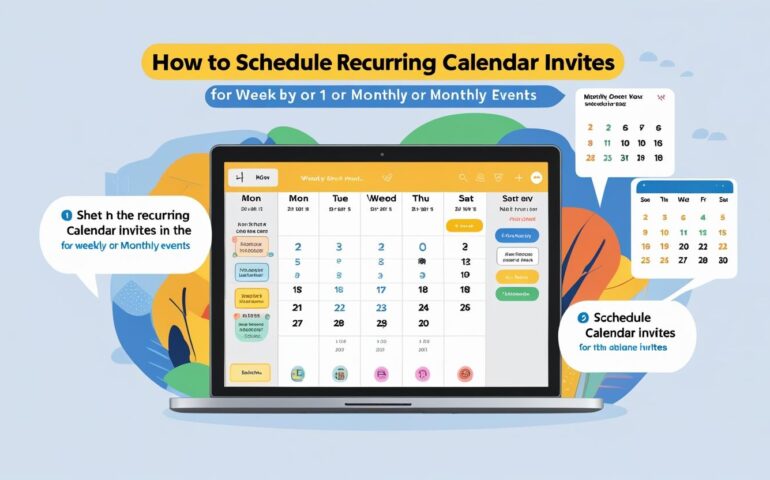
How to Schedule Recurring Calendar Invites for Weekly or Monthly Events
Scheduling recurring calendar invites is essential for organizing consistent weekly or monthly events such as team meetings, webinars, or community sessions. This blog guides users through best practices for setting up automated recurring invites using tools like Let’s Calendar, Google Calendar, or Outlook. From defining time zones and recurrence rules to ensuring attendees receive timely
03 Jul

ICS vs iCal: Why Understanding the Difference Matters for Modern Event Scheduling
ICS and iCal are both widely used calendar file formats, but they serve slightly different purposes and platforms. While ICS (.ics) is the universal standard for sharing calendar invites across systems like Google, Outlook, and Apple Calendar, iCal refers to Apple’s proprietary calendar app that also supports ICS. Understanding the difference helps event organizers and







Recent Comments